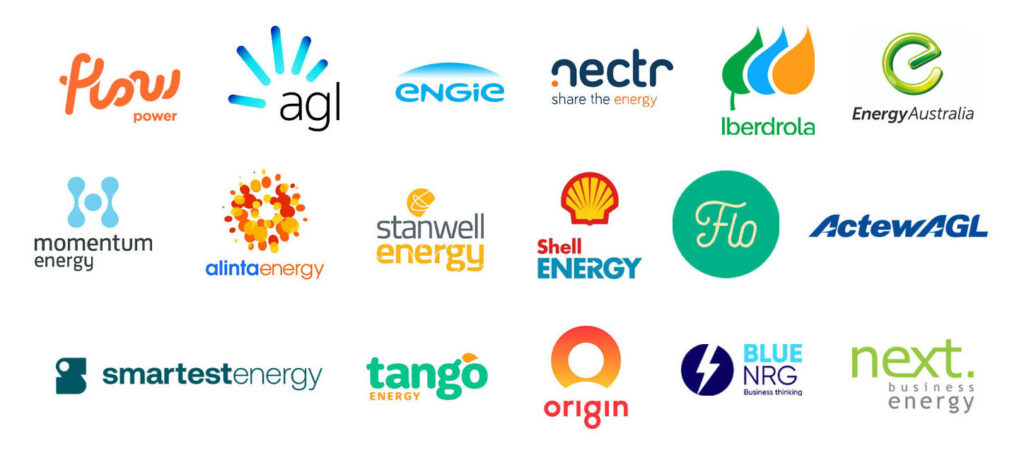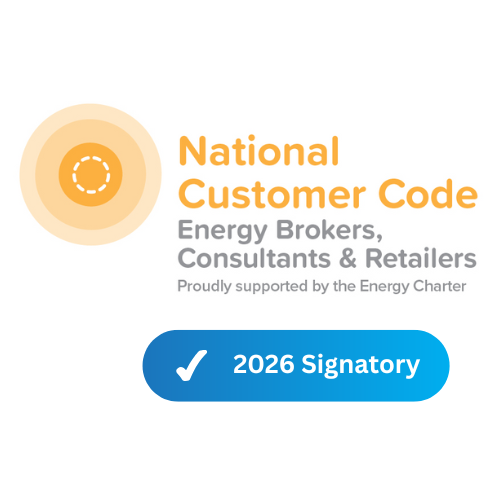
Setting up an electricity buying group with other businesses that have similar consumption patterns and load profiles is a great way to leverage purchasing power and get a good energy deal if you do it right.
Forward purchase of electricity through a business energy tender is not always going to attract interest from retailers if the rewards are slim for the retailer.
But buying groups can give even the smallest of businesses much more clout by leveraging greater purchasing power.
The basic tenet of an electricity buying group is that combining the purchasing power of many will make energy retailers fight for a greater load.
If done right, it’s a win-win for both.
The retailer will make more profit through the increased load, while the combined purchasing power of the buying group will lead to advantageous offers being made.
The pros of an electricity buying group
As we just explained, the purchasing power of 20 similar businesses is much greater than one business trying to go it alone.
For example, a single independent supermarket typically has a low power consumption pattern of 500MWh per annum and can negotiate with retailers however, all they can do is let them bid for their power contract via a competitive tender.
However, if 20 independent supermarkets come together through one of Leading Edge Energy’s buying groups, that load of 500MWh per annum turns into 10,000MWh (10GWh).
Retailers will fight tooth and nail to win the business of 20 supermarkets and the rates offered will be the sharpest rates in the current market.
Buying groups can help independent businesses stand together against monopolising competitors to improve their bottom lines.
The cons of buying groups
Some energy brokers offer buying group tenders for businesses, but it can be a game of smoke and mirrors.
The businesses in question are simply provided with a quote for their individual business and told that it is the group tender offer.
Leading Edge Energy does not take this approach. We ensure that our buying groups are made up of similar businesses to make sure everyone gets fantastic rates and a fair deal.
Load profiles
The load profile is the main issue here. Buying groups should only be set up with businesses that use power in a similar way.
For example, a pub buying group would be a set of businesses that use their power similarly.
Why? Because retailers base prices on the load profile (the time of use, peak & off-peak) and the cost of electricity in a given day changes drastically.
Power is cheap when the sun shines, but it skyrockets from around 5 pm to 8 pm. This phenomenon is known as the Duck Curve.
Let’s say a group of plastic manufacturers that operate from 7 am-3 pm join a group tender with 20 food cold storage businesses.
The retailer will price the combined load.
This means that the plastic companies (which operate during very cheap times for energy) would be grouped with cold storage companies that operate all day and night (using high amounts of power during the expensive times for energy).
The result is that the plastic manufacturers would be provided with more expensive rates compared to if they had just gone to get quotes as individual businesses.
Avoid buying groups that include a variety of businesses; they will most likely not be a buying group.
Short validity periods
In the commercial and industrial market, retailers provide quotes to businesses that are subject to very short validity periods, typically 2-5 days.
For a business to review and sign a contract within a short 2-5 day period is a tricky challenge.
Leading Edge would receive the offers in one day and we would finalise our proposal the following day.
A report is then issued to the business which needs to review and sign quickly.
For a buying group, all businesses would need to sign within the given time frame, or a pre-agreement may be made that ensures the offer stands as long as 80% of the businesses sign up.
One of the difficulties of buying groups is getting all the businesses engaged and ready to sign.
If you join a buying group, be engaged and reserve time to attend to the proposed offer. If you don’t, you’ll be letting all the other participating businesses down.
Market Timing
The top trump card for prospecting is market timing. Retailers purchase energy on the market and then add their own retail margin.
A buying group helps reduce that retail margin. For example, a buying group goes to market:
When the wholesale/futures are priced at 4c/kWh. Retailers may add 0.4c/kWh as their margin for a normal price.
When the wholesale/futures are priced at 9c/kWh. Let’s say a buying group goes to market and the retailer adds 0.05c/kWh as their margin.
A business that requests quotes when the market is low would have power roughly 4-5c/kWh cheaper than the buying group.
How should buying groups be set up?
Electricity buying groups should be set up by the industry, ensuring that participants use power in the same way (load profile, not total consumption).
Businesses should be aligned to the same contract end date. Buying groups can get complex, so it is a best practice to keep them simple by keeping them tidy.
As market timing is the key driver, businesses must register to join the buying group, ideally a few years prior to their current contract ending.
This is because we may be going to market well in advance of their current contract ending if electricity prices fall very low.
Time management is key, and Leading Edge Energy will communicate the timeline for the group tender to participants so that when the offers are submitted, they will be ready to review and execute before the offers expire.
You can expect an indicative quote initially so that you can review before the quotation process.
Then, when the group offer arrives, you are prepared and ready to accept.
Leading Edge Energy’s buying group strategy
Leading Edge Energy’s buying group strategy rests on a three-pronged approach.
As we outlined in this blog, grouping similar businesses together forms part of our best practice.
We form buying groups for:
- Independent supermarkets
- Pubs
- Hotels
- Schools
- Plastic Manufacturers
- Cold storage / Food wholesalers
- Irrigation (Agriculture)
By placing similar businesses in the same buying group, we leverage the purchasing power of the group to attract the best rates on the market and ensure that everyone gets a fair deal.
We time the market to make sure that we issue a group tender at the right time when rates are low and advantageous to the buying group.
Our business energy tendering process is designed to get you the best deal on the market.
We present preliminary findings and follow up to ensure that as many businesses as possible sign up to the deal to ensure that everyone does not miss out!
Do you want to become part of an electricity buying group?
If you want to leverage the purchasing power of a buying group, Leading Edge Energy can help you.
Join our tender buckets and register your interest today and one of our Energy Management Consultants will contact you.
If you have any questions or queries, or even just fancy a chat to find out more, call us today for a free consultation at 1300-852-770 or send us an email at info@leadingedgeenergy.com.au.
We source, analyse, compare and rank commercial, industrial and multisite energy quotes. Obligation Free.
Chat with one of our experienced consultants today and get the insights your business needs to help manage the risks associated with volatile electricity and natural gas markets. Our energy procurement service is obligation-free and provides a time-saving way of securing lower energy rates from our panel of energy retailers.

Get advice from our Energy Management Consultants

Ewen Beard
Sales Manager
Get in Touch
Feel free to call or e-mail us. Or just fill in the form below and we’ll contact you for an obligation-free discussion.
Are you ready to save on business energy costs?
Get Started
Leading Edge Energy is proud to be a signatory of the National Customer Code for Energy Brokers, Consultants and Retailers.